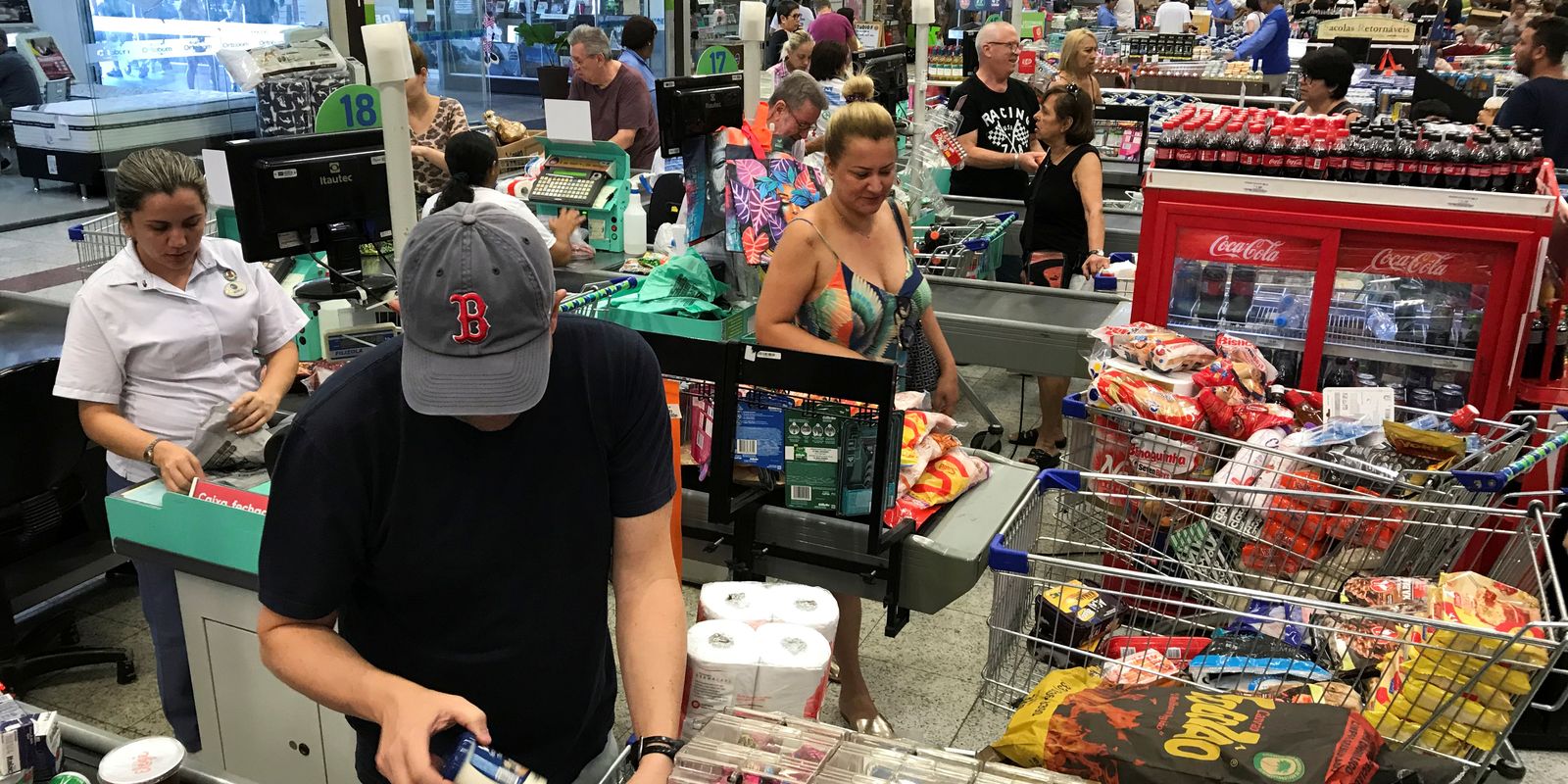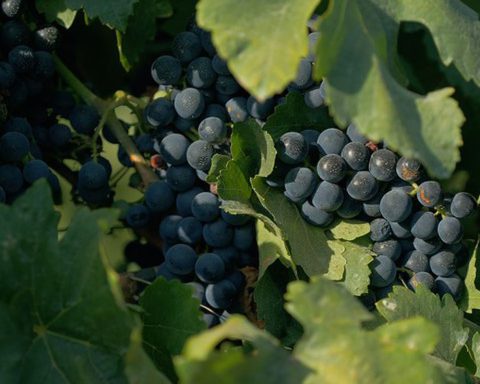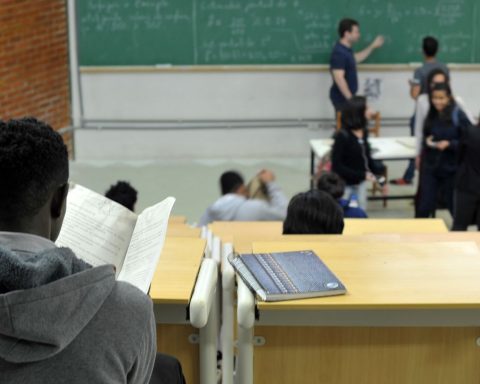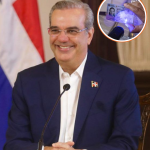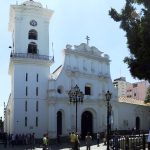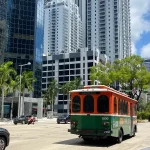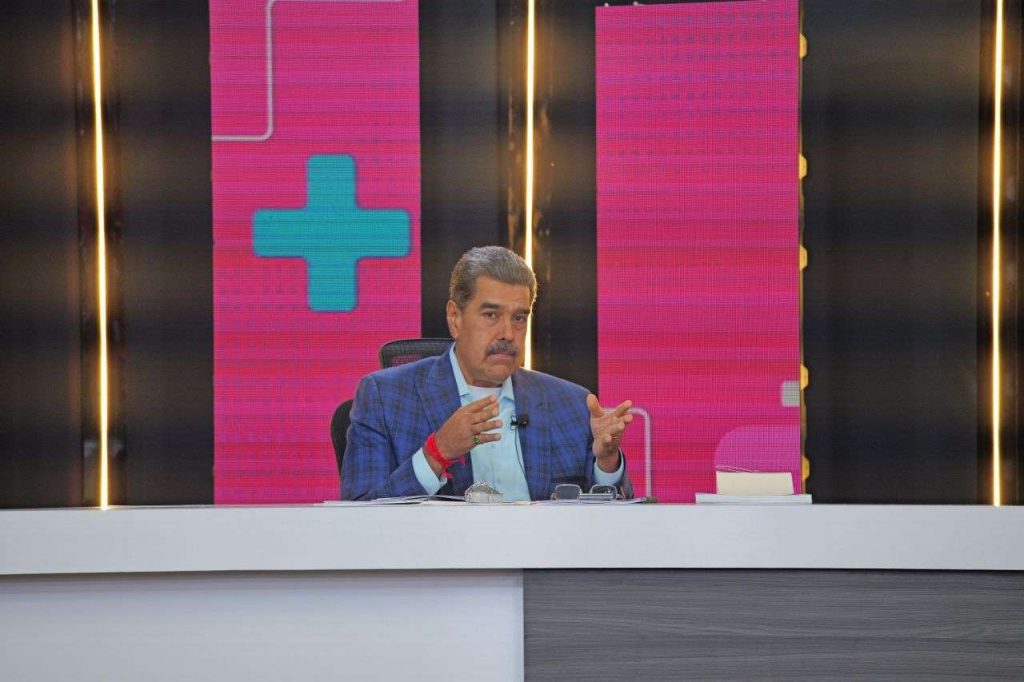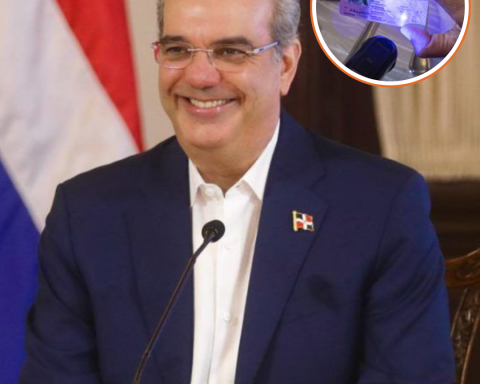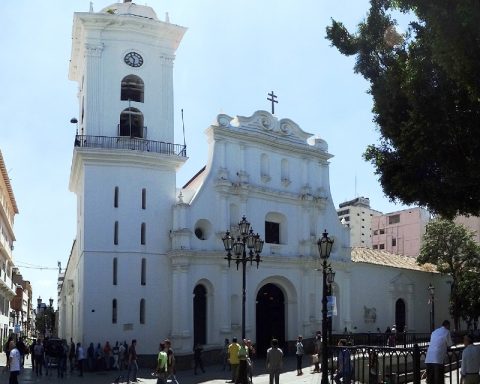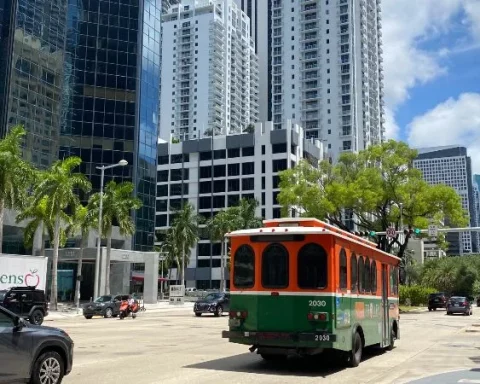The January official inflation lost strength and was 0.16%. This is the smallest result for a month of January since 1994, that is, since before the Real Plan, which began in July of that year.
The explanation for the slowdown of the Broad National Consumer Price Index (IPCA), released on Tuesday (11), in Rio de Janeiro, by the Brazilian Institute of Geography and Statistics (IBGE), is the Itaipu bonus, discount that millions of Brazilians had in the electricity bill of last month.
In December 2024, the IPCA had been 0.52%. The deceleration does not mean that the prices were lower, but that on average they rose at a shorter speed.
Considering any month, the January result is the lowest since August 2024, when there was negative inflation of 0.2%. In January 2024, the IPCA had marked 0.42%. Now it has fallen to 0.16%.
In the accumulated 12 months, the IPCA total 4.56%, above the Government’s goal. In December, the accumulated was 4.83%.
The inflation target stipulated by the National Monetary Council (CMN) is 3%, with tolerance of 1.5 percentage points for more or less, ie a range of 1.5%to 4.5%.
From this year, the chase of the goal is from the 12 months immediately passed and not just in the final result of December. The goal will only be considered breached if the tolerance interval bursts for six straight months.
Cause and Effect
The large responsible for the relief of inflation came from the residential electricity sub -item, which was 14.21% cheaper. This retreat represented 0.55 percentage point (PP) impact on the result of the month. The reduction has been the lowest since February 2013, when it had fallen 15.17%.
This major fall in January was caused by the Itaipu bonus, a discount that 78 million consumers realized in the electricity bill.
Click here And understand what is the bonus in the electricity bill that helped hold inflation.
With the cheaper electricity in January, the housing group retreated 3.08%, representing an impact of 0.46 pp on the IPCA.
Transport and Food
At the other end of inflation are the prices of food and transport, which pressed the index up. Transport rose 1.3%, an impact of 0.27 pp the villains were airline ticket prices, which increased 10.42%and urban bus (3.84%). Bus rates had readjustments in seven of the 16 locations researched by IBGE.
The food and drinks were up 0.96%, the fifth in a row. This group contributed 0.21 pp from IPCA of January. The largest pressures between food sub -items came from ground coffee (8.56% and impact of 0.04 pp), tomato (20.27% and 0.04 pp) and carrot (36.14% and 0.02 pp) .
The price of coffeesub -items food that has put up the inflation up the most, should keep the price up, according to producers.
Diffusion
In January, the diffusion rate was 65%, which means that 65% of the 377 products and services surveyed had priced increases. In December 2024, the index had been 69%.
The IPCA investigates the cost of living for families with income between one and 40 minimum wages. Price collection is made in the metropolitan regions of Belém, Fortaleza, Recife, Salvador, Belo Horizonte, Vitória, Rio de Janeiro, Sao Paulo, Curitiba, Porto Alegre, besides the Federal District and Goiânia, Campo Grande, Rio Branco, São Luís and Aracaju.
